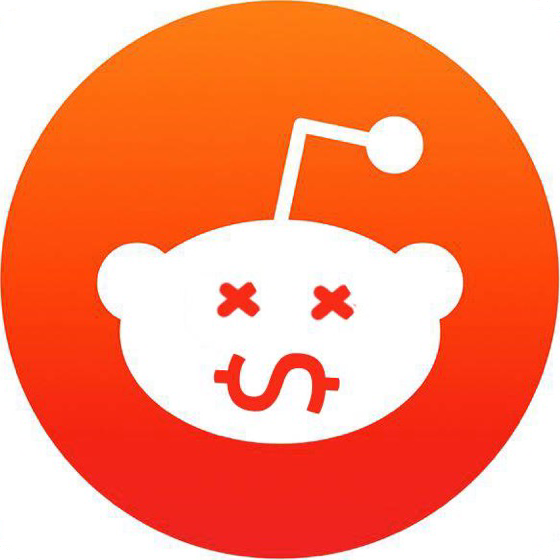I have been an Android user for 13 years now. After using almost every Google service possible I am going down the privacy rabbit hole lately. Gmail -> Proton Mail, Chrome -> Firefox, Keep -> Notesnook, Google Search -> Kagi, …
I am currently using a Galaxy S23 with as few Google apps as possible (and focussing mainly on open-source apps). I am familiar with rooting (I was a CyanogenMod user back in the days), but today I want to use the phone without tinkering and problem solving. I also like to use a smartwatch and banking apps, so GrapheneOS is a no-go unfortunately.
So it is “Stock” Android (or Samsung’s Android ) vs. iOS for me. Is it better (in terms of privacy) to use an iPhone or stick with an Android phone with an system wide ad-/tracking Blocker (I use Adguard)? It seems there are more privacy-friendly/open-source apps on Android.


iPhone has the better reputation for privacy/security, however it is proprietary software and so no one can really tell for sure what kind of data that Apple might collect on you.
The same is true for stock Android devices. Unless you are using a custom ROM without Google Play Services, there is more proprietary software than open source running on Android devices.
The best fasle advertising on privacy/security rather?
Their goal is blocking any other advertising method so only they can collect and use the data of their users for advertising.
Security? They can (or could) be hacked, with a backdoor, just with an invisible message…
So most of their reputation is just marketing (which goes pretty near to false advertising ex : the your data stays on your device… Which is just false).
Tho they may have a reputation of refusing to give data to public organizations (or at least depending on the data).
I used to work for Apple and the issue tracker engineers had for known iOS issues, their criticality, and resolution time was alarmingly lengthy and slow. What the public knew or may figure out was prioritised and resolved much higher and quicker than other issues that were worse. It wasn’t unusual to see techs in AppleCare and Retail Stores being provided internal articles that had them advise an issue was caused by something else (usually third-party apps or services, and carriers), but in the back-end we’d see what frontline techs didn’t and that it was indeed a critical issue with iOS. These could sit in the pipeline for months until the next update, rather than releasing hotfixes and looking bad. What the consumers don’t know doesn’t hurt Apple, so deflect until that release.
If a customer did catch on, someone from the Carpe Facto team would swoop in and silence with “compensation”, like a new top-end Mac, upgraded iPhone, Watch, etc. and an NDA. People never turn that stuff down and it’s positioned like Apple is doing the good guy thing and they should be so lucky to receive such generosity and praise for being amazing customer.
This was many years ago, though. No idea if it’s still the same. But the way that place runs, made me feel sick being part of it some times and I can’t imagine it’s changed. Apple’s real good at hiding their shit and appearing like good guys, but it’s pretty damned evil in there.
I assume this is how 99% of big tech corps are run
See, I always have this idea that all these companies are doing all sorts of dirty stuff under the covers but then I feel like naah it’s all in your head. There are laws and these are all law abiding organizations. Then I hear first hand stories like yours and just want to burn them down…